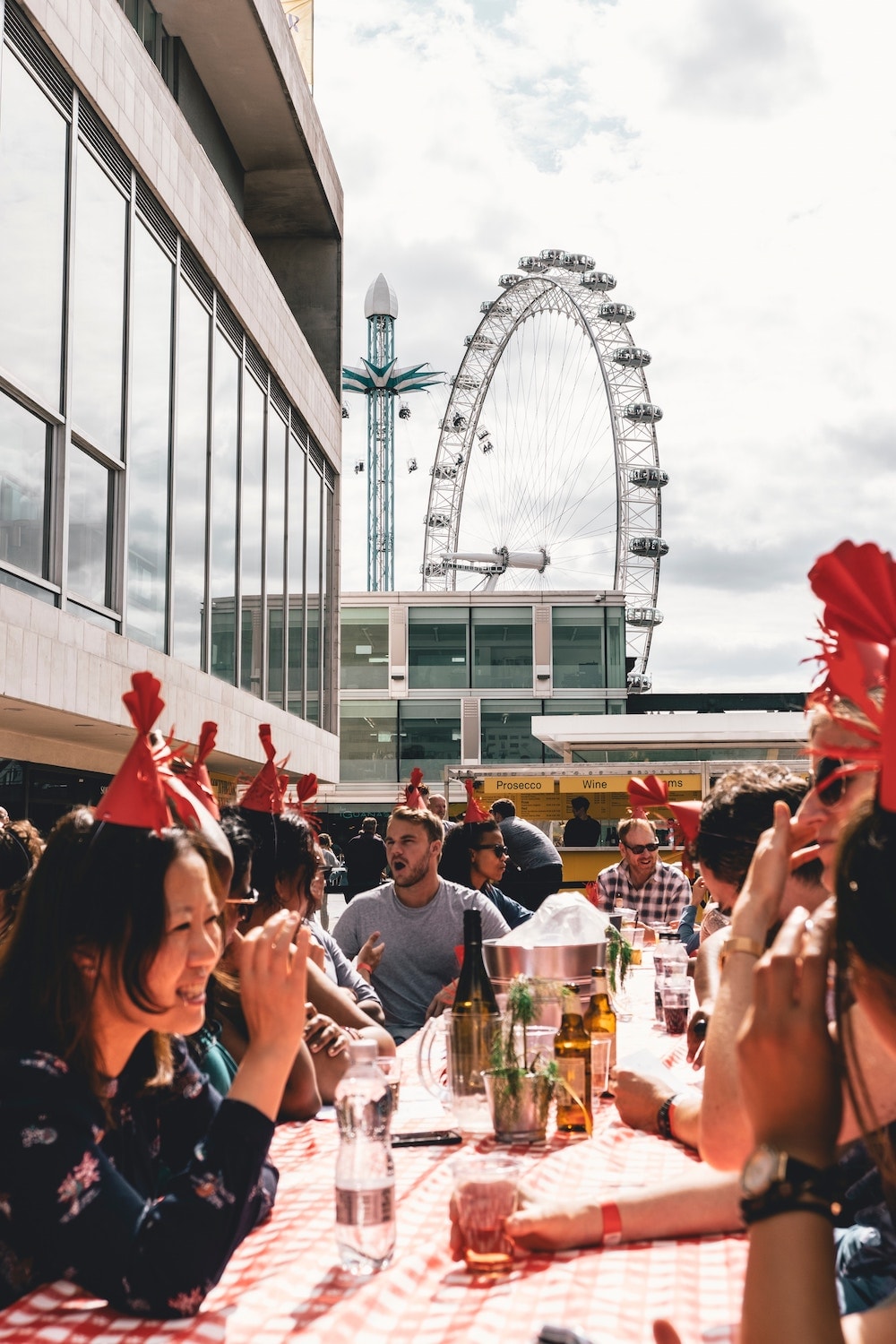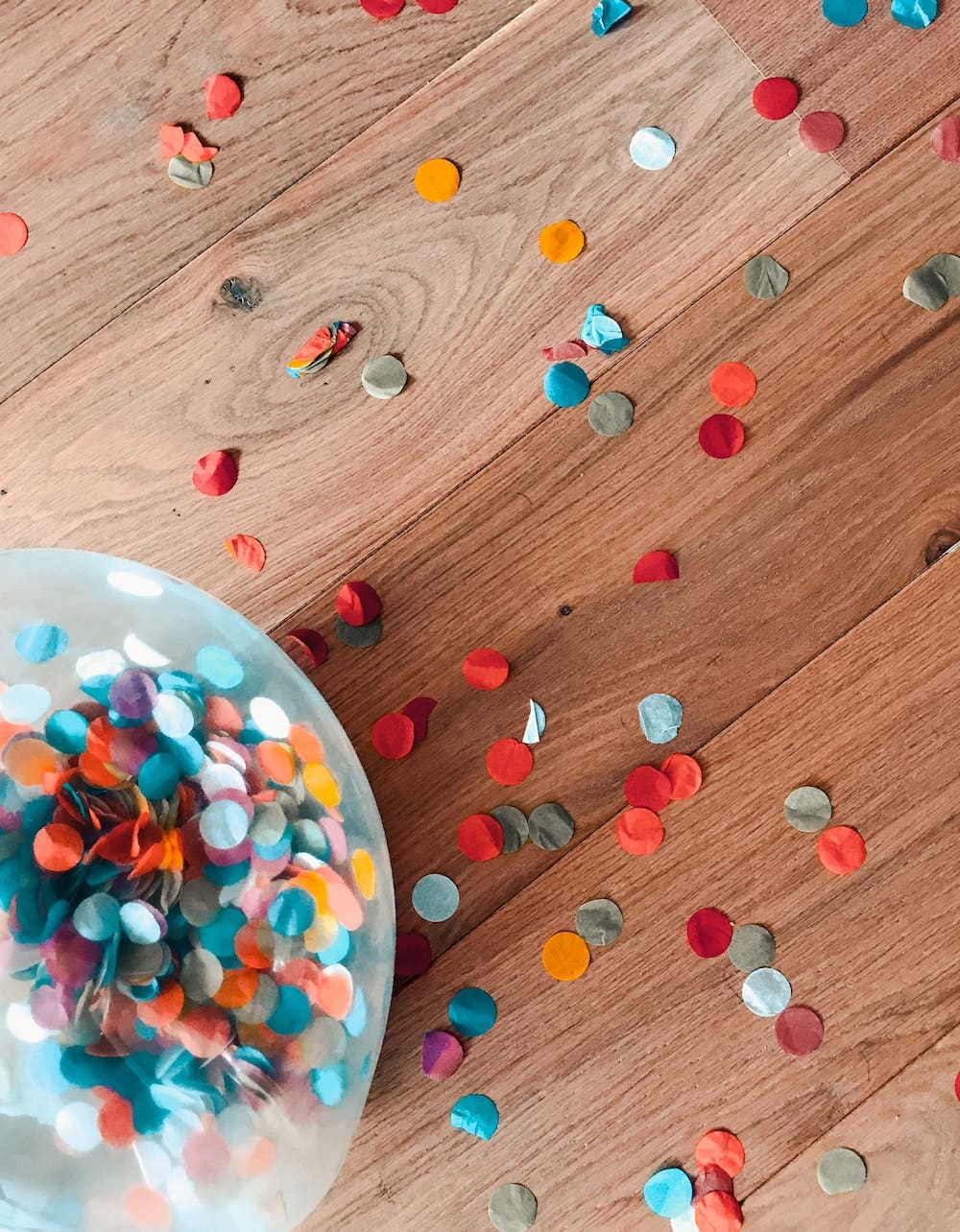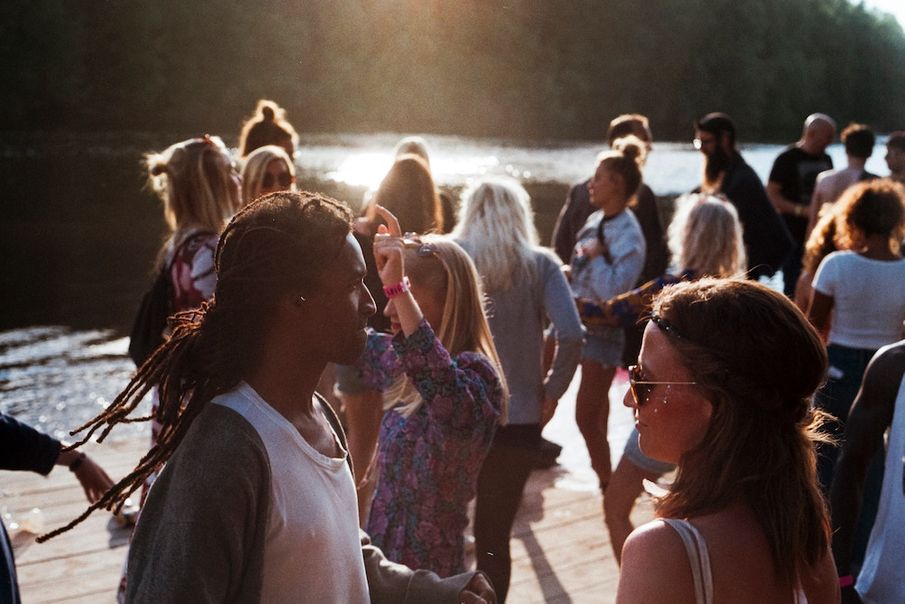Whether you’re celebrating the holidays, attending a work function, or simply getting together with your loved ones – it’s undeniable that these parties are some of the most difficult events to survive during recovery

If you have struggled with a drinking problem, parties can be a difficult things to navigate. They can trigger you or cause stress, thus making you more susceptible to suffering a relapse. Despite the fact, parties and get-togethers can be overcome without you feeling the need to avoid them all together. You just need a solid and reliable game plan to combat them! Therefore, turn to these seven tips to help you survive any party:
Your main priority at a party is to have fun and socialize with those around you, not contribute to any pre-existing stress. Diving into a situation with an unstable state of mind makes you more likely to make irrational or regretful choices. When you can’t think straight, your logic and self-control might get thrown out the window in exchange for experiencing instant gratification or turning to an unhealthy coping method. If you do not feel 100% confident with your state of mind before a party, you should not attend at all. While initially an aggravating decision, you need to remember that your sobriety is more important than one party. There will always be get-togethers next year, and you are not any less of a person for missing one or two.
Know exactly what your triggers are and what causes you to fall back on them. If you are triggered, implement the use of a healthy coping mechanism and strategy to face them. Examples include: separating yourself from the presence of the trigger; taking slow, deep breaths; or distracting your mind with a positive activity such as a conversation with another person. Trust yourself to make the best choice in the face of a trigger by deciding whether or not you can simply avoid it or need to leave the party all-together. Over time and with more exposure, you will become completely self-aware of your emotions and will feel confident being around your triggers so that you no longer feel threatened by them.
Turn to the support of someone you trust at a party, whether that be the sober companion you brought along or a friend. This additional person can keep you accountable for your actions and help steer you away from succumbing into any temptation. Also, before a party, you should ask your support group for their own personal experiences and tips on how to combat the stress that can be a result of a party. Furthermore, if you are at a family gathering, know that your friends and family want you to feel comfortable being at the party and will understand your need to take a step back from the festivities for the sake of your sobriety.

Keep water and a healthy snack or meal on your person at all times. There’s no need to feel self-conscious drinking your own water or heating up something in the microwave! The other attendees only care about your presence at the party and being able to spend a few hours with you. However, if you feel uncomfortable with bringing your own drinks or food to a party - that’s completely okay. There’s also the option of eating before a party to keep your stomach full and mind focused on socializing with others, not the food or drinks there.
Don’t be afraid to ask the host ahead of time what they will be serving at a party or what they may expect guests to bring. Having an idea of what will be at a party can keep you at ease since you won’t be surprised by triggers left and right - which therefore, gives you time to create a game plan on how to approach and deal with them once in their presence.
Whether you like it or not, you will be offered things, like a drink, to consume at a party. In the moment, it may feel nerve-wracking to reject the offer. But by training yourself to say “no” beforehand will make the process a bit more comfortable. Don’t feel the need to explain yourself or your past addiction either. The main goal here is to keep yourself comfortable at the party, not on edge because you will constantly say “no” to offers.
Leave the party if it becomes too overwhelming for you. It is not an act of weakness to walk away, but rather a display of strength. You understand that it is necessary to step back from the triggers rather than force yourself to be around them. The more you force yourself to stay around your triggers, the more likely you will succumb to their temptations and feel like you are taking three steps back.

At the end of the day, the most important thing to remember is that parties are an obstacle to face during your journey to sobriety, and should not be feared as potential setbacks. Parties are just one of the many things you have to face as a recovering addict, but it is an obstacle always worth overcoming. You never want to feel that you need to avoid social gatherings at all costs out of fear or insecurity. Rather, you should see them as opportunities to grow and catch up with the people you care about most.
If a relapse happens, don’t beat yourself up for it. In reality, the journey to sobriety is not perfect nor smooth. If you accept this, but still continue fight for your sobriety, there is nothing you need to worry about. Your resilience and dedication to sobriety will always pay off in the end, and remember: you are only moving forward from here.


Comments